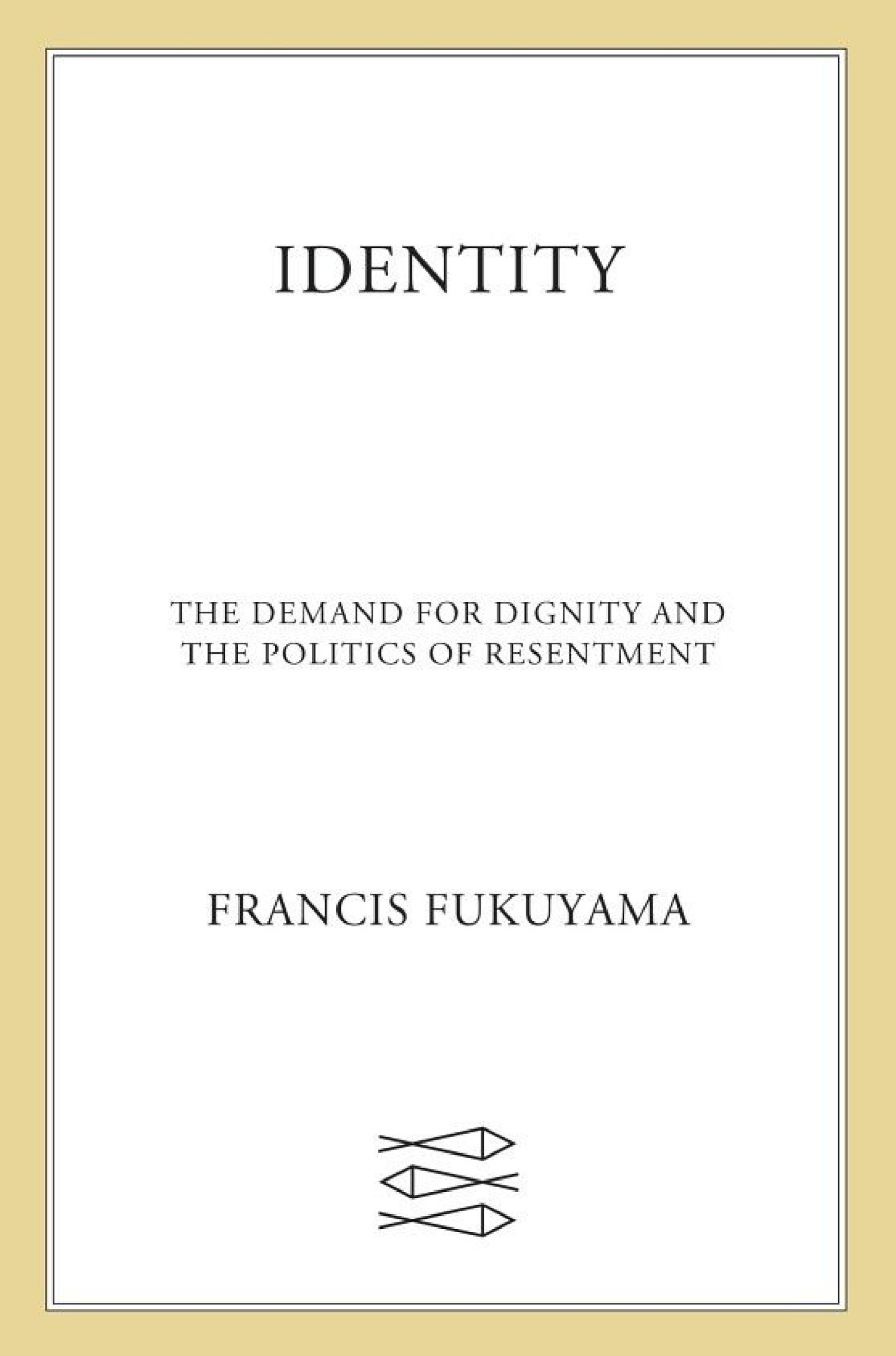
Identity
The Demand for Dignity and the Politics of Resentment
کتاب های مرتبط
- اطلاعات
- نقد و بررسی
- دیدگاه کاربران
نقد و بررسی

June 15, 2018
The renowned political scientist argues persuasively, and urgently, that a desire for recognition of one's dignity is inherent in every human being--and is necessary for a thriving democracy.Drawing on Luther, Rousseau, Kant, and Hegel, among others, Fukuyama (International Studies/Stanford Univ.; Political Order and Political Decay: From the Industrial Revolution to the Globalization of Democracy, 2014, etc.) offers a historical overview leading to the modern concept of identity as comprised of thymos ("a universal aspect of human personality that craves recognition"), a belief in the distinction between the inner and outer self, and an evolving concept of universal dignity. "The broadening and universalization of dignity turns the private quest for self into a political project," he writes. The author ascribes the contemporary rise of identity politics to a yearning "for equal recognition by groups that have been marginalized by their societies." These groups, mobilized by political leaders around the idea that their dignity has been disparaged or disregarded, fuel a "politics of resentment." Fukuyama sees nothing wrong with identity politics, unless "ever narrower group identities" threaten "the possibility of communication and collective action." When identity groups--seeking recognition on the basis of race, ethnicity, gender, or religion--see one another as threats, they will resist identifying themselves with "more integrative national identities" that are essential for democratic societies. Economic modernization and rapid social change shatter a sense of community and lead to "confusing pluralism" that often causes individuals to align themselves with religious or nationalistic groups. "Both nationalism and Islamism," writes the author, "can thus be seen as a species of identity politics." He faults the left for failing to build solidarity around large collectivities (the working class, for example), instead focusing on "every smaller" marginalized groups. To counter this fragmentation, Fukuyama advises that "successful assimilation of foreigners" might curb vociferous populism, required national service could encourage "virtue and public spiritedness," and basic civics must become a strong part of public education to foster informed, open-minded citizens.A cogent analysis of dire threats to democracy.
COPYRIGHT(2018) Kirkus Reviews, ALL RIGHTS RESERVED.

August 6, 2018
Political scientist Fukuyama (The End of History and the Last Man) makes an ambitious and provocative critique of identity politics, which he locates in both the leftist crusade for equality for marginalized people and right-wing ethnonationalism and “economic anxieties,” which he says are “actually rooted in the demand for recognition.” He organizes his analysis around the concept of thymos, “the part of the soul that craves recognition of dignity,” which results in either “a desire to be respected on an equal basis with other people” (which, thwarted by marginalization, spurs leftist identity politics), or a “desire to be recognized as superior” (which he connects to dictatorial leaders). He draws from philosophers such as Hegel and Marx; traces the ascendancy of modern liberal democracies, specifically the French Revolution; and turns a critical lens on the Arab Spring, Europe’s immigrant crisis, and Donald Trump to argue that identity politics has morphed into a “politics of resentment.” The analysis ends with proposals for promoting broader conceptions of identity that bring people together to support liberal democracy’s functioning. This erudite work is likely to spark debate.

April 15, 2018
Stanford political scientist Fukuyama, who came swiftly to prominence with The End of History and the Last Man, most recently critiqued the dangerous rise of interest groups in 2014's prescient Political Order and Political Decay. Here he looks at the contentious issue of identity, contrasting democracy's grounding in the concept of universal recognition with a more telescoped vision based on nation, religion, sect, race, ethnicity, or gender, which he argues has led to everything from anti-immigrant sentiment to radical Islam. With a six-city tour.
Copyright 2018 Library Journal, LLC Used with permission.

























دیدگاه کاربران